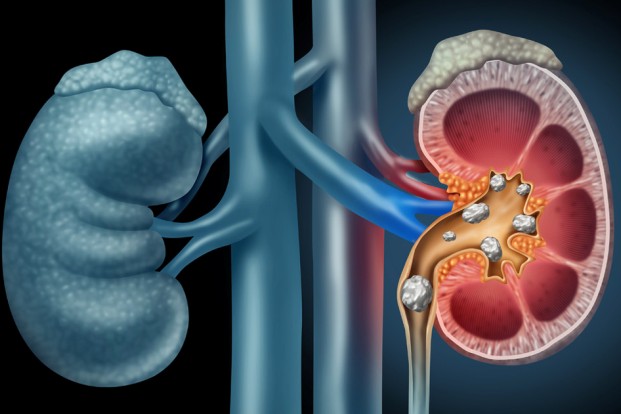Are there genetic factors in the tendency to get kidney stones?
Apr 19, 2022
Kidney stones are common is general population, affecting every 1 in 10 individual in their lifespan. However it is important to remember that kidney stones affect the health in children and in adults. In children, we can think of genetic causes also for the occurrence of kidney stones. What are the common signs to look out for:-

- First stone occurrence in a child or in preadolescent stage
- Family history of stones or nephrocalcinosis or unexplanined kidney failure.
- Reddish brown stool
- Growth retardation or rickets.
- On imaging if its nephrocalcinosis, radiolucent kidney stones or multiple bilateral stones.
Genetic causes of Kidney stone are:-
- Renal tubular acisosis.
- Cystinuria- cystine stones.
- Dent disease – ca oxalate/ca phospnate stones
- Primary hyperoxaluria (PH)-Calcium oxalate stones.
- APRT
- Familiar hypomagnesaemia a with hypercalciuria and nephrocalcinosis (FHHNC).
Cystinuria as an inherited cause of renal stones may be used as a paradigm for other forms of stone formation. Thus, despite known gene defects, the urinary cystine concentrations vary from patient to patient, and the tendency to form stones may be precipitated by environmental as well as genetic factors. Certain genetic factors also may increase your risk of uric acid stones. All of the above hereditary disorders cause urinary hyperexcretion of insoluble mineral salts which can lead to recurrent kidney stones or nephrocalcinosis. People with this inherited trait often begin forming stones early in life. Hypercalciuria (the presence of excessive amounts of calcium in the urine) may be caused by defects in various genes, which can be passed on to family members and can cause stones. perhaps if other factors such as low urine volume or low urine pH are also present.







